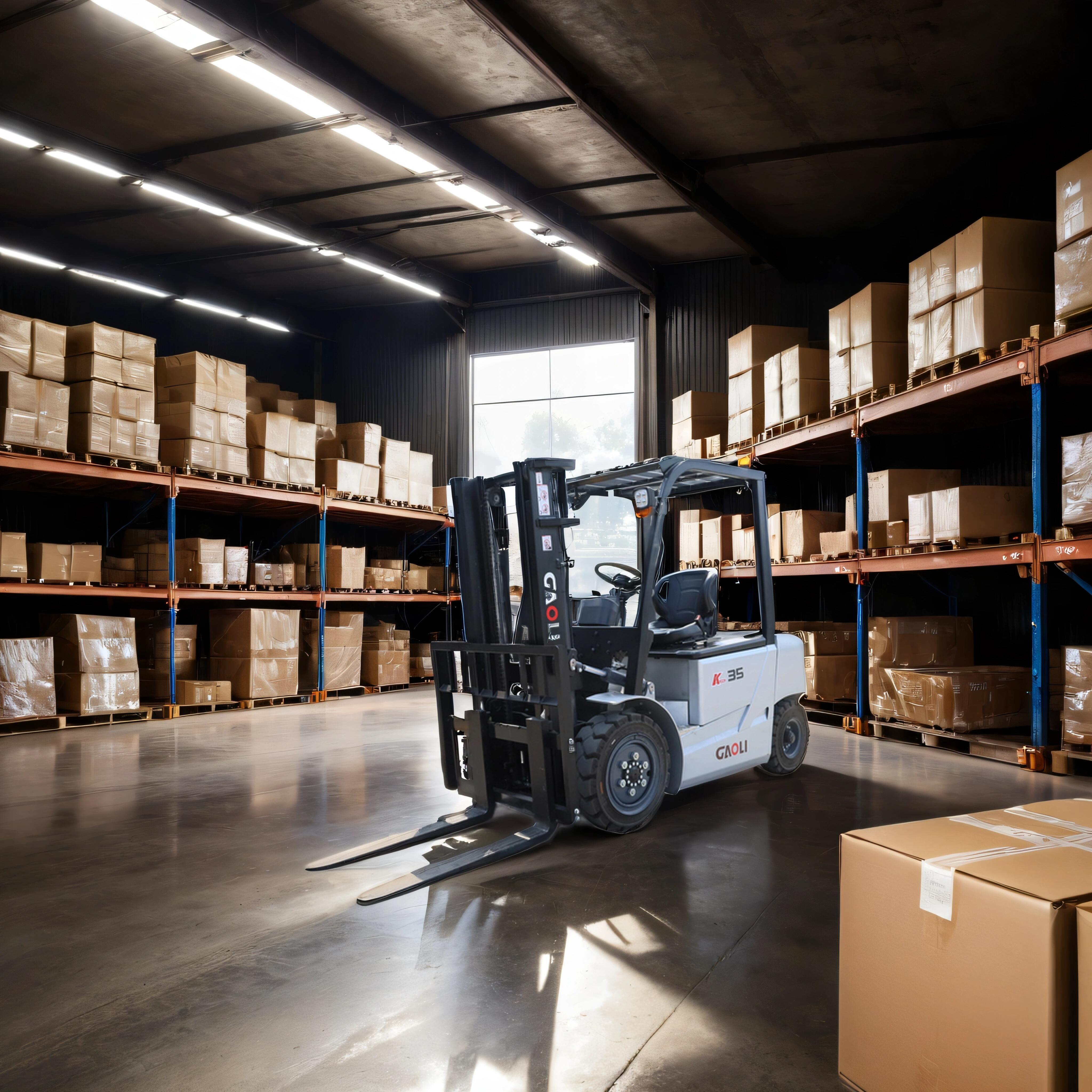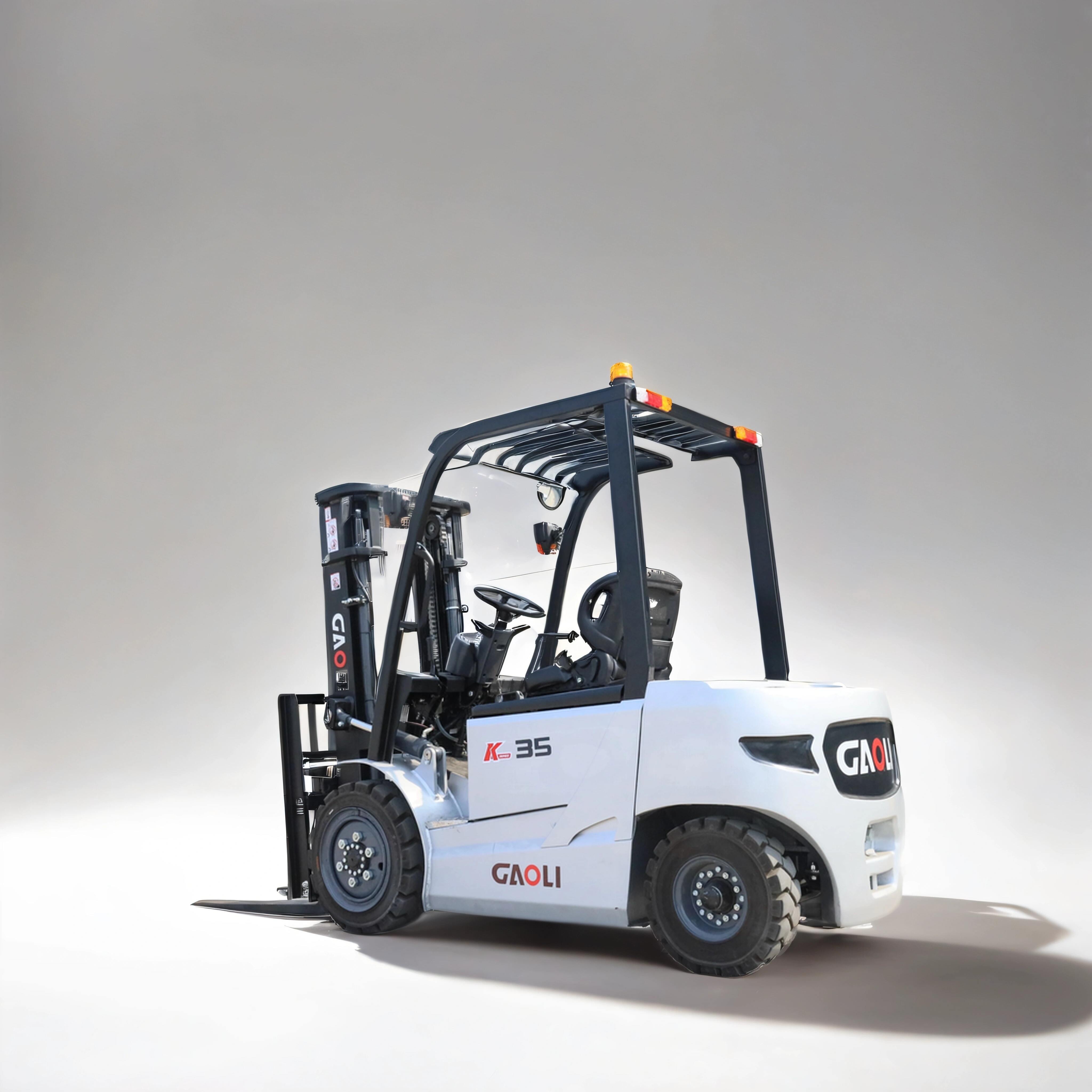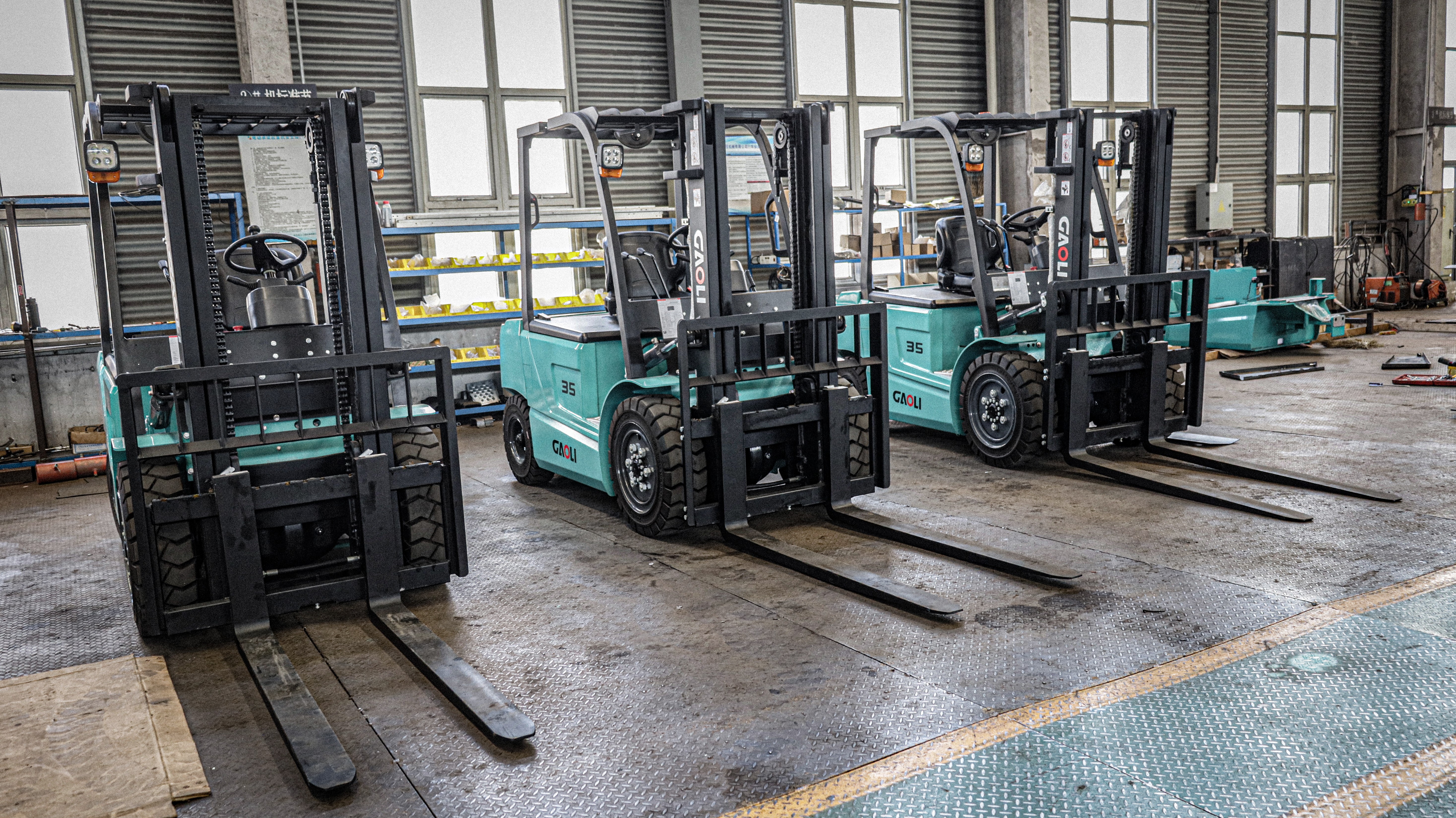warehouse forklift
The warehouse forklift is an indispensable piece of equipment in modern logistics and material handling operations. Designed to facilitate the movement and stacking of goods within a warehouse setting, this robust vehicle is equipped with a pair of fork prongs that can lift, carry, and place materials at various heights. Its main functions include transporting heavy items, stacking inventory, and managing goods in tight spaces. Technological features of the warehouse forklift include precision controls, advanced safety mechanisms, and various power sources such as electric, gas, or diesel. Applications span across numerous industries including manufacturing, retail, and distribution centers where efficient material handling is crucial.


